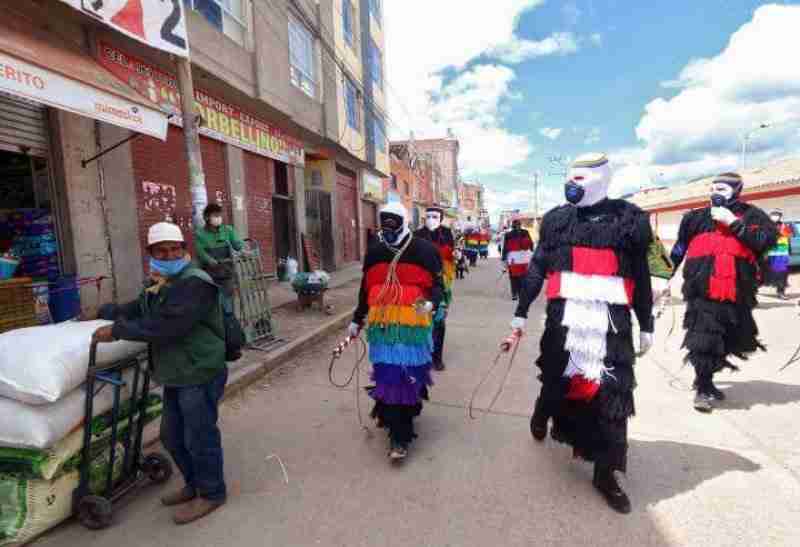Just 916 of Peru’s 141,000 cases come from the Cusco region, meaning its contagion rate is more than 80 percent below the national average.
…
Researchers are starting to investigate a possible relationship between the coronavirus and altitude. In one peer-reviewed study, published in the journal Respiratory Physiology & Neurobiology, researchers from Australia, Bolivia, Canada and Switzerland looking at epidemiological data from Bolivia, Ecuador and Tibet found populations living above 3,000 meters (9,842 feet) reported significantly lower levels of confirmed infections than their lowland counterparts.
…
The researchers hypothesize that populations living at high altitudes might be benefiting from a combination of an ability to cope with hypoxia (low levels of oxygen in the blood) and a natural environment hostile to the virus — including dry mountain air, high levels of UV radiation and the possibility that lower barometric pressure reduces the virus’s ability to linger in the air.
…
But any benefits from altitude in coping with a coronavirus infection, [researchers Peter] Chin-Hong and [Clayton] Cowl said, would come only with full acclimatization, a process that typically takes three months. They both stressed that anyone suffering a coronavirus infection who traveled to a mountain area would normally see their symptoms worsen.



































